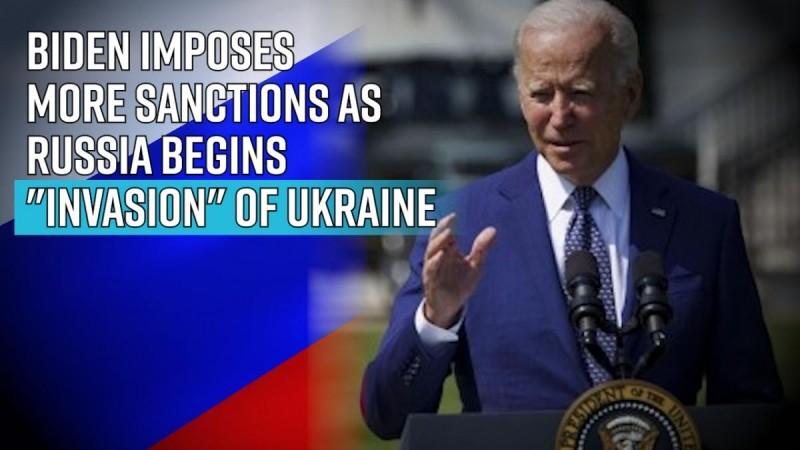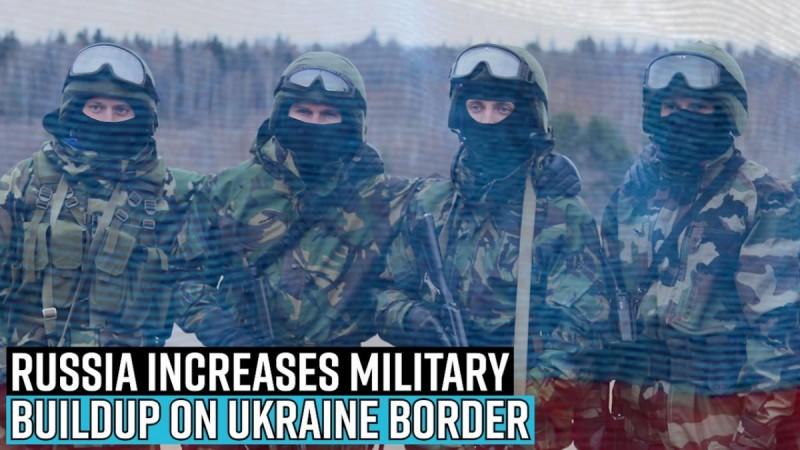The Ukrainian Parliament has supported a bill to introduce a state of emergency in the country from February 24 amid the ongoing tensions with Russia, according to the Parliament's press service.
The legislation, introducing the state of emergency in all Ukrainian regions except for the conflict-hit Luhansk and Donetsk regions, for 30 days, was supported by 335 lawmakers in the 450-seat parliament on Wednesday.
In the Donetsk and Luhansk regions, where a Joint Forces Operation is underway, a special legal regime has been already in effect, report news agencies.

According to Interfax-Ukraine news agency, the state of emergency in 22 Ukrainian regions envisages a ban on holding mass meetings and protests, on changing the place of residence by those liable for military service, and on the production of information materials that can destabilise the situation in the country.
The new law also stipulates for restriction of freedom of movement, inspections of vehicles, premises and personal belongings of citizens, and the introduction of a curfew if the need arises.
Besides, it provides for the evacuation of residents from places where there is a danger to the lives of people.
Ukraine's National Security and Defense Council proposed the parliament introduce a state of emergency across the country due to the buildup of Russian troops near the Ukrainian border.

Earlier on Wednesday, the State Border Guard Service of Ukraine imposed special measures in regions bordering Russia, Belarus and those having access to the seas.
The measures include the limitation of movement of private vehicles and floating devices, flights of light planes and unmanned aerial vehicles, as well as restrictions on filming and photographing of certain objects.
Since November, Kiev and some Western countries have accused Russia of assembling heavy troops near the Ukrainian border, including in Belarus, with a possible intention of "invasion".
Denying any intention to attack any country, Russia said it has the right to mobilise troops within its borders to defend its territory, as the North Atlantic Treaty Organisation's increasing military activities near Russia's borders constitute a threat to Russia's border security.














